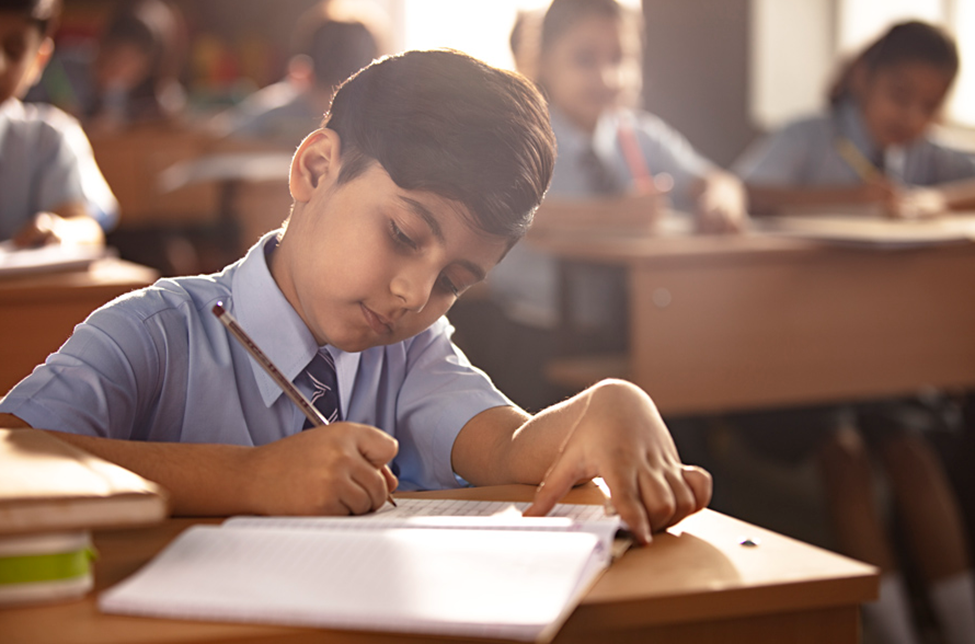
- Inclusive Environments:
Fostering inclusive classrooms reduces stigma and promotes acceptance. Peers play a vital role in supporting students with learning and behavior disorders, contributing to a positive social environment. - Professional Development:
Ongoing professional development for educators ensures they stay informed about the latest research, instructional techniques, and interventions. This knowledge empowers teachers to adapt and tailor their approaches to best serve each student. - Parental Involvement:
Collaborating with parents is integral to a student’s success. Regular meetings, workshops, and updates involve parents in their child’s education, creating a united front to support the student’s overall development.
By addressing the diverse needs of students with learning and behavior disorders, schools can create a nurturing and empowering educational environment. This comprehensive approach recognizes the importance of not only academic growth but also the development of personalities, skills, and a positive mindset for lifelong success.
Students Learning & Behavior Disorders Personality & Skill Development
Addressing students with learning and behavior disorders requires a comprehensive approach that considers not only academic challenges but also the development of their personalities and skills. This approach aims to create an inclusive and supportive learning environment that nurtures the holistic growth of each student.
- Individualized Education Plans (IEPs):
Customized IEPs are essential for students with learning and behavior disorders. These plans outline specific goals, accommodations, and interventions tailored to each student’s unique needs. - Specialized Instruction:
Implementing evidence-based instructional strategies that cater to diverse learning styles helps students grasp concepts effectively. Differentiated instruction and multisensory learning activities can enhance comprehension. - Social-Emotional Learning (SEL):
Incorporating SEL programs fosters emotional intelligence, self-awareness, and interpersonal skills. This is crucial for students with behavior disorders, promoting positive relationships and emotional regulation. - Behavior Intervention Plans (BIPs):
BIPs are designed to address challenging behaviors. These plans include strategies to prevent negative behaviors, teach alternative skills, and provide positive reinforcement for desired behaviors. - Collaborative Support Systems:
Establishing collaborative partnerships among teachers, special education staff, counselors, and parents creates a cohesive support system. Regular communication ensures a shared understanding of each student’s progress and challenges. - Skill Development Programs:
Implementing skill development programs goes beyond academics. It includes enhancing communication skills, problem-solving abilities, and self-advocacy, empowering students to navigate challenges both in and out of the classroom. - Positive Behavior Support (PBS):
PBS focuses on reinforcing positive behaviors through systematic strategies. This approach emphasizes creating a positive school culture that supports and recognizes students’ efforts and achievements.

